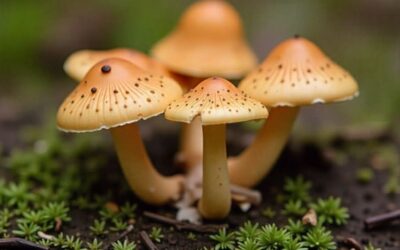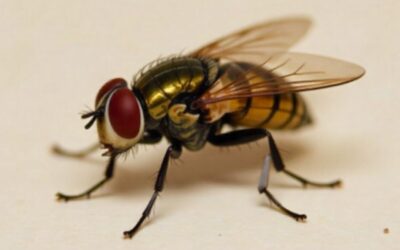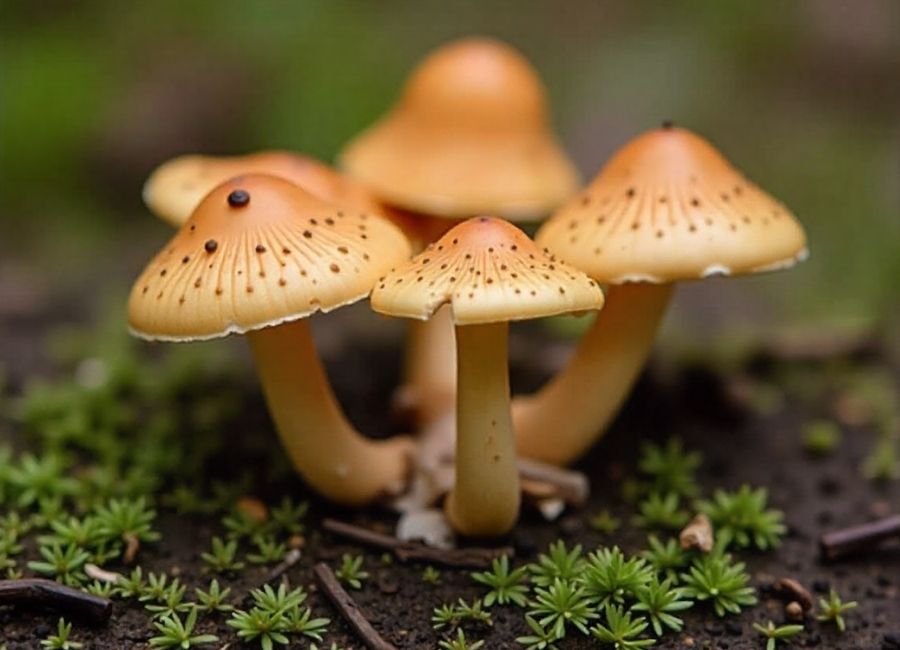Texas has some of the most complex drug laws in the United States, and when it comes to mushrooms, the legal landscape can be particularly confusing. While your average button mushroom from the grocery store is perfectly legal, certain types of fungi fall under strict criminal penalties that could land you in serious legal trouble.
Understanding Texas mushroom laws isn’t just important for those curious about psychedelics—it’s crucial for anyone who might encounter these substances, whether intentionally or accidentally. The state’s zero-tolerance approach to controlled substances means that even small amounts can result in felony charges, hefty fines, and prison time.
This guide breaks down everything you need to know about mushroom legality in Texas, from which types are prohibited to the penalties you could face. Whether you’re a resident, visitor, or simply want to stay informed about state drug laws, this information could help you avoid serious legal consequences.
Understanding Texas Drug Laws
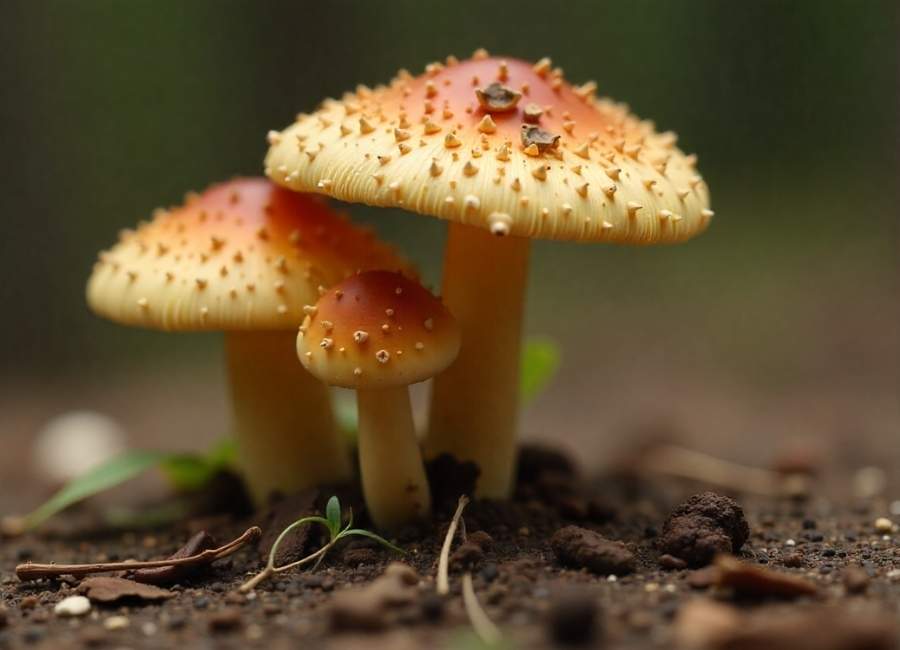
Texas follows federal guidelines when classifying controlled substances, but often imposes harsher penalties than federal minimums. (Facing a PCS Charge for Mushrooms in Texas? Here’s What You Need to Know, n.d.) The Texas Controlled Substances Act divides illegal drugs into penalty groups, with different consequences based on the substance type and amount possessed.
Unlike some states that have decriminalized or legalized certain psychedelics, Texas maintains strict prohibition across the board. (Are Shrooms Illegal in Texas? Penalties and Laws, 2025) The state has shown no signs of softening its stance on psychedelic substances, even as other states explore therapeutic applications and decriminalization measures. (Are Shrooms Illegal in Texas? Penalties and Laws, 2024)
Law enforcement in Texas actively pursues drug-related offenses, and prosecutors typically seek maximum penalties allowed under state law. (Are Shrooms Illegal in Texas? Penalties and Laws, 2025) This aggressive approach means that mushroom-related charges are taken seriously throughout the state’s court system.
Which Mushrooms Are Illegal in Texas?
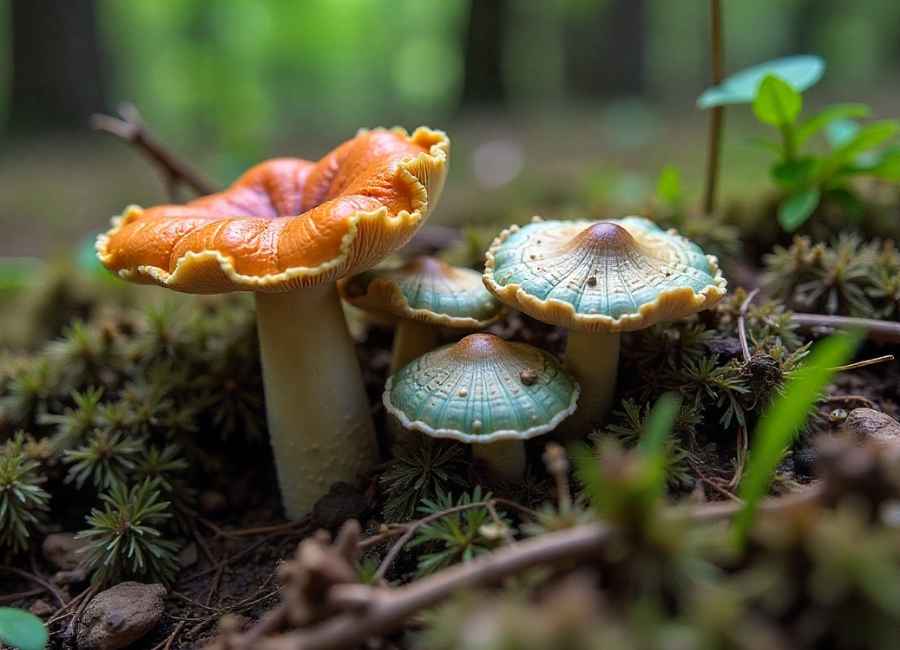
Psilocybin mushrooms are the primary concern when discussing illegal fungi in Texas. (Psilocybin and Psychedelic Regulations in Texas, 2024) These mushrooms contain psilocybin and psilocin, both classified as Schedule I controlled substances under Texas law. (Are Shrooms Illegal in Texas? Penalties and Laws, 2025) Any mushroom species containing these compounds is illegal to possess, cultivate, distribute, or consume. (Are Shrooms Illegal in Texas? Penalties and Laws, 2025)
Common psilocybin mushroom species that are illegal in Texas include:
- Psilocybe cubensis (Golden Teacher, B+, Penis Envy varieties)
- Psilocybe semilanceata (Liberty Caps)
- Psilocybe cyanescens (Wavy Caps)
- Psilocybe azurescens
- Panaeolus cyanescens
The law doesn’t distinguish between fresh, dried, or processed forms of these mushrooms. (Are Shrooms Illegal in Texas? Penalties and Laws, 2025) Even mushroom spores that contain psilocybin are illegal, though there’s some legal gray area around spores that don’t yet contain the active compounds. (Are Magic Mushrooms Illegal in Texas?, 2025)
Amanita muscaria (fly agaric) mushrooms occupy a more complex legal space. While they contain psychoactive compounds like muscimol and ibotenic acid, these substances aren’t specifically scheduled under Texas law. However, possession could still result in charges under analog drug statutes or other provisions. (Is Amanita Muscaria Legal? Complete Guide, 2025)
Legal Penalties for Mushroom Possession in Texas
Texas classifies psilocybin mushrooms as Penalty Group 2-A substances, which carry severe criminal penalties. (Magic Mushrooms Possession Lawyer in Houston, n.d.) The consequences depend primarily on the weight of the mushrooms in your possession.
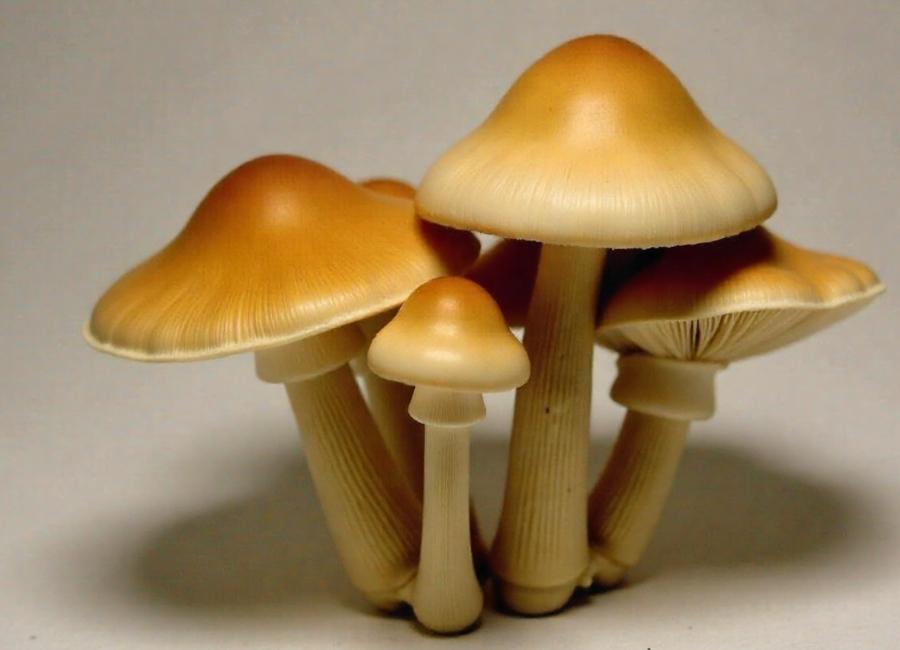
Possession penalties include:
Less than 1 gram: State jail felony punishable by 180 days to 2 years in state jail and fines up to $10,000
1-4 grams: Third-degree felony carrying 2-10 years in prison and fines up to $10,000
4-400 grams: Second-degree felony with 2-20 years in prison and fines up to $10,000
More than 400 grams: First-degree felony punishable by 5-99 years in prison and fines up to $50,000
These penalties apply to the total weight of the mushrooms, including water content. (Facing a PCS Charge for Mushrooms in Texas? Here’s What You Need to Know, n.d.) Since fresh mushrooms contain significant moisture, even small amounts can quickly push charges into higher penalty categories.
Cultivation and Distribution Charges
Growing psilocybin mushrooms in Texas carries manufacturing charges, which are significantly more serious than simple possession. (Facing a PCS Charge for Mushrooms in Texas? Here’s What You Need to Know, n.d.) Manufacturing charges can result in:
- Second-degree felony: 2-20 years in prison for amounts under 4 grams
- First-degree felony: 5-99 years in prison for larger amounts
- Enhanced penalties for cultivation near schools or other protected areas
Distribution or intent to distribute charges carry similar severe penalties, with prosecutors often seeking enhanced sentences for any commercial activity. (Psilocybin and Psychedelic Regulations in Texas, n.d.) Even sharing mushrooms with friends can result in distribution charges rather than simple possession.
Medical and Religious Exemptions
Texas does not recognize medical exemptions for psilocybin mushrooms, regardless of potential therapeutic benefits. (Psilocybin and Psychedelic Regulations in Texas, 2024) The state has not followed other jurisdictions in creating medical psilocybin programs or research exemptions.
Religious use exemptions are extremely limited and generally don’t apply to psilocybin mushrooms. (Are Shrooms Illegal in Texas? Penalties and Laws, 2024) While some religious groups have successfully argued for ayahuasca use under federal religious freedom laws, similar protections haven’t been established for psilocybin in Texas courts.
Research exemptions exist only for licensed institutions with specific federal permits, which are rarely granted and don’t apply to personal use or informal research.
Recent Legal Developments
Several Texas cities have passed local resolutions regarding psychedelic enforcement, though these don’t change state law. Austin, Dallas, and other municipalities have made psychedelic enforcement a low priority, but state-level charges can still be filed regardless of local policies. (Are Magic Mushrooms Illegal in Texas?, 2025)
The Texas Legislature has not introduced any significant psychedelic reform bills, unlike other states that have moved toward decriminalization or medical programs. (Are Shrooms Illegal in Texas? Penalties and Laws, 2025) Texas remains firmly committed to prohibition, with no major policy changes expected in the near future. (Are Shrooms Illegal in Texas? Penalties and Laws, 2024)
Federal scheduling changes could potentially impact Texas law, but the state has historically maintained its own strict standards even when federal enforcement shifts. (Are Shrooms Illegal in Texas? Penalties and Laws, 2024)
What to Do If Facing Mushroom Charges
If you’re charged with mushroom-related offenses in Texas, immediate legal representation is crucial. These cases often involve complex scientific evidence about mushroom identification and potency testing that requires specialized knowledge.
Key steps include:
- Contact an experienced drug defense attorney immediately.
- Don’t discuss the case with law enforcement without counsel present.
- Preserve any evidence that might support your defense.
- Understand that plea bargains may be available depending on circumstances.
Some defenses may include challenging the identification of the mushrooms, questioning search and seizure procedures, or arguing about the accuracy of weight measurements. Each case is unique and requires an individual legal strategy.
Staying Legal and Safe
The safest approach in Texas is complete avoidance of any mushrooms that might contain psilocybin or other controlled substances. Even accidental possession can result in serious criminal charges.
For those interested in legal mushroom cultivation, focus on culinary varieties like oyster, shiitake, or other edible species that pose no legal risk. Many legal mushroom cultivation supplies and educational resources are available for legitimate purposes.
If you’re struggling with substance use issues, Texas offers various treatment programs that provide alternatives to the criminal justice system. Many courts now recognize drug treatment as more effective than incarceration for addressing underlying addiction problems.
Moving Forward Responsibly
Texas mushroom laws reflect the state’s conservative approach to drug policy, with severe penalties designed to deter any involvement with psychedelic substances. While other states explore therapeutic applications and decriminalization, Texas maintains a strict prohibition with aggressive enforcement.
Understanding these laws isn’t just about avoiding legal trouble—it’s about making informed decisions about your future. A felony drug conviction can impact employment, housing, education opportunities, and many other aspects of life for years to come.
Stay informed about legal developments, but don’t assume that changes in other states apply to Texas. When in doubt, consult with legal professionals who understand the current state of Texas drug law and can provide guidance specific to your situation.










